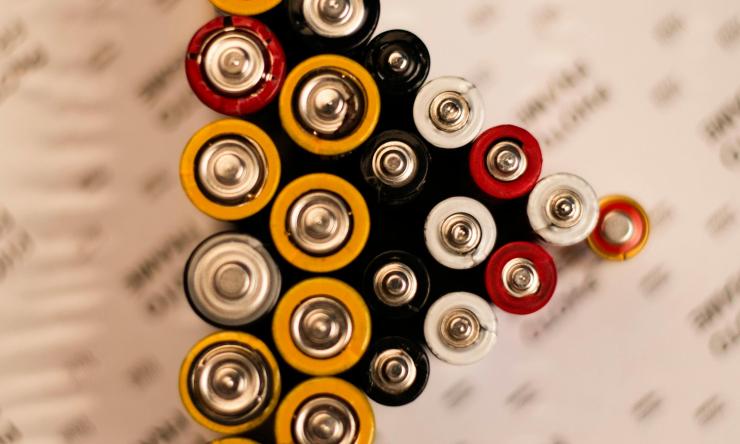Monitor your medical devices during cold weather
Cold weather can bring unexpected power outages, so ensuring you have an emergency plan for your at-home medical devices is crucial for winter weather. An expert with Baylor College of Medicine provides tips for securing your appliances.
“In Houston, winters can be fairly mild, but also unpredictable, so your emergency plan for medical devices might resemble plans for hurricane season, severe flooding or thunderstorms,” said Isabel Valdez, physician assistant and assistant professor of medicine at Baylor.
For devices that are battery operated, Valdez suggests purchasing extra batteries and having them ready. Rechargeable batteries should be fully charged ahead of turbulent weather. Large power stations and generators also can be used to power smaller at-home devices like nebulizers, sleep apnea machines or small refrigerators to store medications; however, Valdez advises to check manufacturer specifications to ensure the power station or generator can withstand the correct voltage output by the device. Gas powered generators should be placed outside of the home, in a well-ventilated location to prevent carbon monoxide poisoning. Carbon monoxide detectors should also be used during cold weather to monitor carbon monoxide levels.
Cold weather will bring ambient room temperatures down, but it is still important to keep medications that need to be chilled at a low temperature during the winter.
“We don't want your medication to lose its integrity, so I would follow the manufacturer's recommendations to see what the ideal temperature it should be stored at,” Valdez said.
Valdez also warns against overloading electrical outlets with numerous devices. Space heaters draw large amounts of energy from outlets and overloading them with medical devices, which also can use a lot of power, may be a fire hazard. Those who require oxygen at home should keep tanks away from open flames from fireplaces and even space heaters or radiators. When transferring devices while traveling, Valdez notes it is also important to keep them insulated to minimize the effects of transitioning from cold to warm. Condensation may form and damage the devices in some cases.
“It is also a good idea to look at the device warranty to see that it is covered or if you need to buy an additional warranty to continue protecting your device,” Valdez said. “Before severe weather hits, check if your device might be covered by a warranty or insurance in case any damages were to happen during cold spells and a replacement is needed.”











